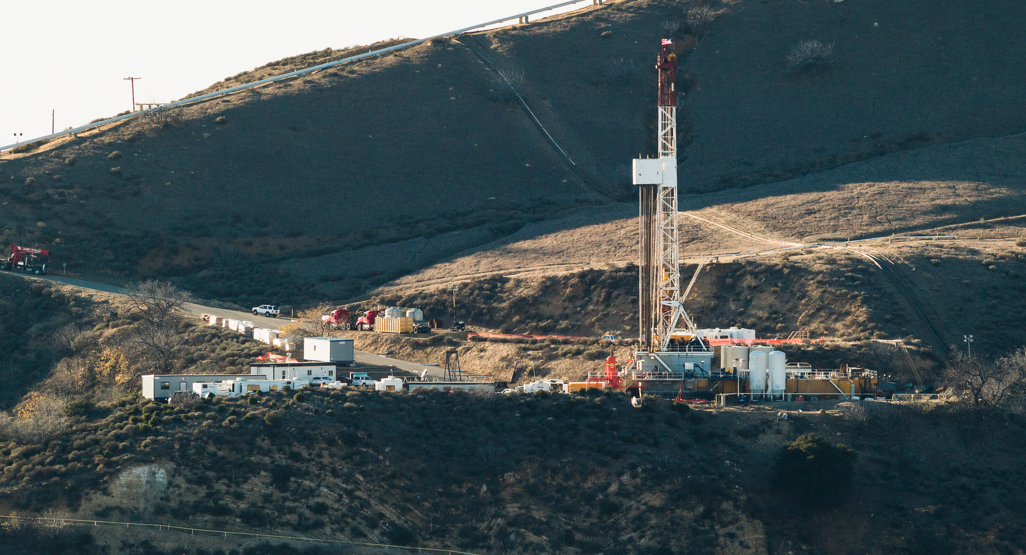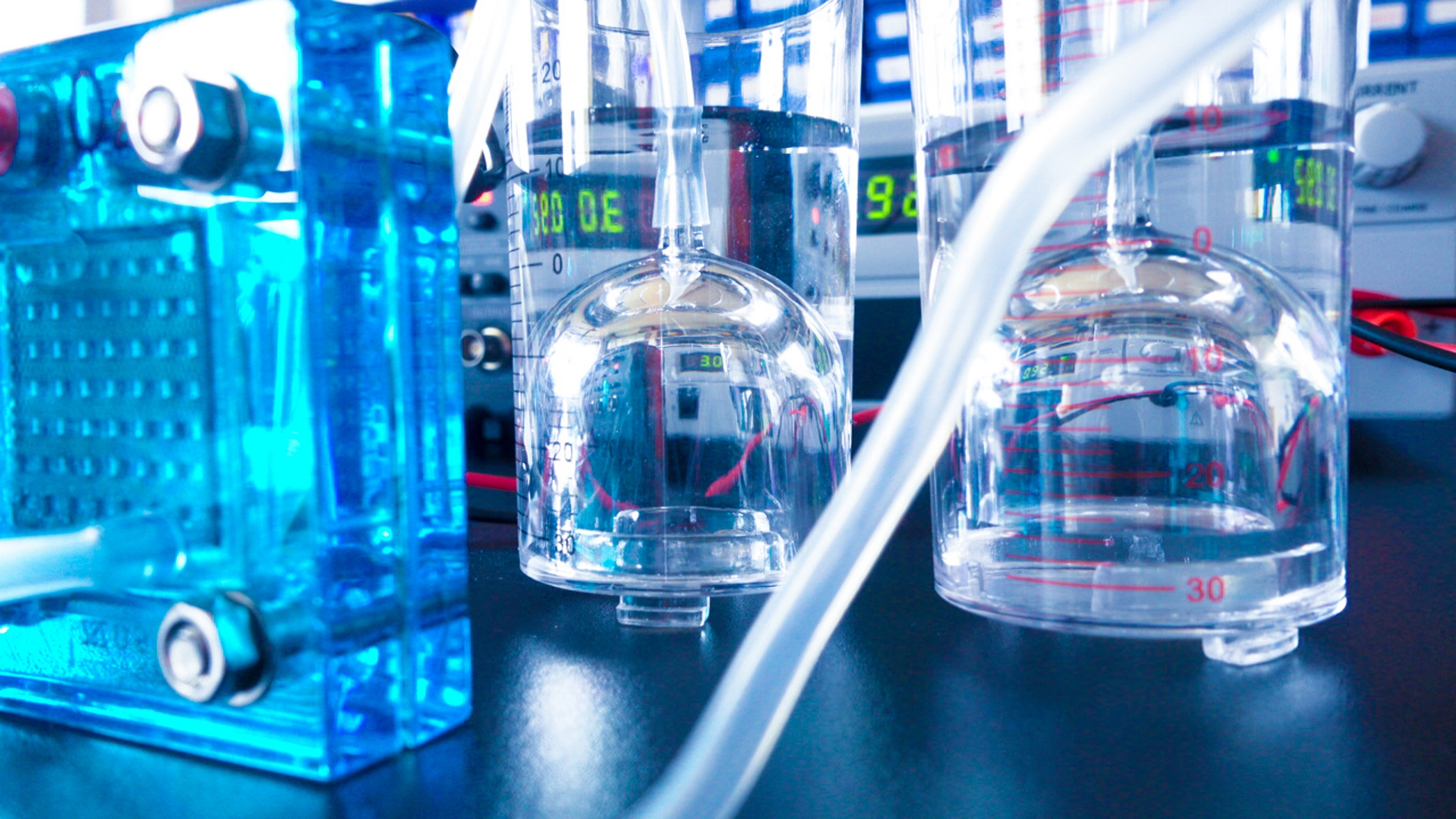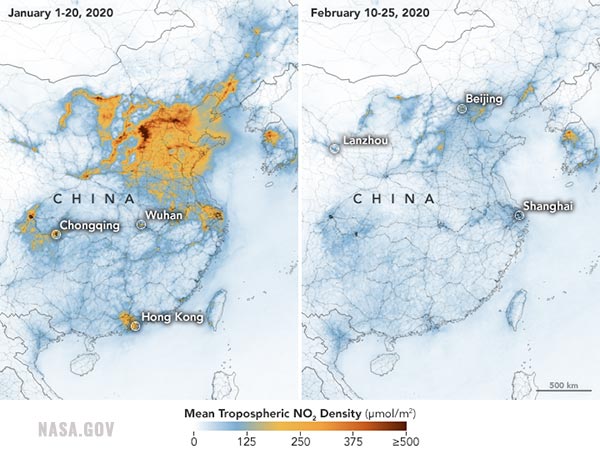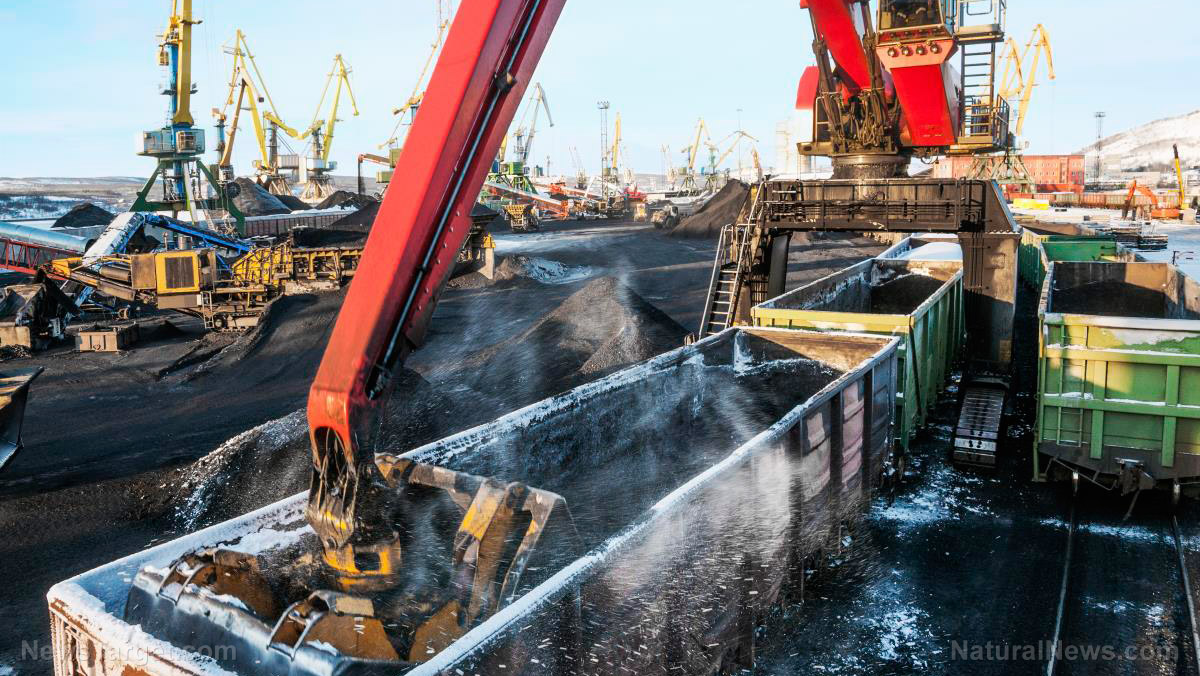Air pollution levels DROPPING all over the world as coronavirus causes cities and industries to shut down
03/26/2020 / By Arsenio Toledo

As major cities all over Europe go into lockdown, levels of air pollution are dropping dramatically.
Levels of particulate matter, which usually come from vehicles burning fuel, as well as nitrogen dioxide from vehicle exhausts, have been dropping in London, Paris, Rome, Milan and many other major cities in Europe.
According to data retrieved from the London Air Quality Network and analyzed by the National Center for Atmospheric Science, London’s levels of ultra-fine particulate matter – or PM2.5 – and nitrogen dioxide have fallen by around half of what is usually recorded since its peak in mid-February.
Descartes Labs, a geospatial imagery analytics firm, provided satellite images that compared the heavy air pollution over London in 2019 with the lower air pollution in 2020.
A report from Airparif, a non-profit organization dedicated to monitoring Paris’ air quality, said that just two days into the national lockdown and their data is already registering “a 20 to 30 percent improvement in air quality in the Paris metropolis, after nitrogen oxide emissions dropped by more than 60 percent.”
In Italy – the hardest hit country in Europe and the country with the most coronavirus deaths – the European Union’s European Environment Agency confirmed that air quality is improving. According to their data, Rome and Milan are seeing a 50 percent drop in concentrations of air pollutants. The country has been under a national lockdown since March 9.
Pictures taken of northern Italy by the European Space Agency (ESA) were able to observe a marked improvement in air quality due to the decreased emissions from cars, power plants and factories in the region. In Venice, the lack of visitors coming into the tourist-heavy city has even made the waters a lot clearer. The office of Mayor Luigi Brugnaro was quick to point out that this isn’t because of improved water quality, it’s simply because there aren’t any gondolas or other boats plowing the city’s waterways, causing sediment to settle onto the seabed. Moreover, residents have been seeing more fish than usual.
British Prime Minister Boris Johnson called for a three-week lockdown on Monday. Italy was the first country in the world to do so, having retracted their citizens’ freedom of movement since March 9. In France, President Emmanuel Macron has initiated a 15-day national lockdown that began on midday of March 17.
As daily life all over Europe – and in many other parts of the world – grinds to a halt, the world can expect air quality to improve even further the longer lockdowns are in place.
“Air quality has started to improve in many U.K. cities, mirroring what has been seen in other countries that have restricted travel and levels of outdoor activity,” said Alastair Lewis, Director of Science (Chemistry) at the National Center for Atmospheric Science.
Air pollution causes an estimated 40,000 early deaths in the U.K. every year. It is linked to health problems such as stroke, heart disease, lung cancer and respiratory diseases and infections. It’s even linked to stunting the development of children’s lungs.
However, experts believe it’s still too early into the lockdowns to tell whether the improvements in air quality all over the world can offset any of the deaths due to COVID-19.
Animation shows the decline of air pollution, specifically nitrogen dioxide emissions, over Italy. This reduction is particularly visible in northern Italy which coincides with its nationwide lockdown to prevent the spread of the coronavirus. Source: https://t.co/Gv1zg4mhcO pic.twitter.com/WyKvcvDe03
— Simon Kuestenmacher (@simongerman600) March 16, 2020
China, the U.S. and other parts of the world are experiencing reduced air pollution levels
Europe isn’t the only place experiencing cleaner air. In China, where the coronavirus pandemic began, quarantine measures have resulted in this wonderful side effect wherein their widely known terrible air quality is actually improving.
Satellite images from the Earth Observatory have shown significant drops in air pollution levels across China. This comes as the country quickly quarantined many heavily populated areas of the country, halting air and road traffic, as well as industrial activity.
The largest air pollution level drop in China is coming from the province of Hubei, home of Wuhan, where the outbreak began in December 2019. The city of over 11 million people serves as a major transportation hub and is also home to hundreds of factories owned by both domestic and foreign industries. They supply car parts and other hardware to global supply chains. According to data from NASA, nitrogen levels across eastern and central China (which includes Hubei) are between 10 to 30 percent lower than the average.
Neighboring South Korea has also been benefiting from the reduced levels of industry. While the country has so far been able to avoid putting the country in lockdown, air pollution levels have also dropped thanks in part to the reduced levels of industrial activity in China.
Nitrogen dioxide over #China has dropped with the coronavirus quarantine, Chinese New Year, and a related economic slowdown. https://t.co/URfLNy0GZJ #NASA #COVID2019 pic.twitter.com/PM60uL772K
— NASA Earth (@NASAEarth) March 4, 2020
In the U.S., air pollution levels have also dropped. Data from satellites that detect emissions in the atmosphere caused by cars and trucks is showing a huge decline in air pollution over many of the country’s major metropolitan areas, such as New York, Los Angeles, the San Francisco Bay Area, Seattle, Chicago and Atlanta.
In California, Los Angeles, the Central Valley region and the San Francisco Bay Area have seen drastically lower levels of pollutants in the air.
Los Angeles is infamous for its heavy congestion and high levels of smog. However, preliminary data from the ESA’s Sentinel-5P satellite show that car and truck emissions in the city are considerably lower in the first two weeks of March when compared to the same period in 2019.
In the Bay area and the Central Valley, where local authorities have implemented stricter shelter-in-place measures, there is also a significantly lower concentration of air pollutants. The number of trucks and cars crossing the Bay Bridge, which connects San Francisco to Oakland, has fallen by roughly 40 percent.
These results have been replicated all over the country. In New York, where residents are less likely to depend on private transportation options, rush-hour traffic was moving 36 percent faster than normal due to the lesser volume of cars on the road. In Seattle, where some of the country’s first coronavirus cases popped up, morning rush hour vehicle usage declined by nearly 40 percent.
Satellite footage shows a dramatic reduction in air pollution over China and Italy between December 2019 and March 2020 amid the #coronavirus outbreak pic.twitter.com/lweAzUU7i3
— CBS This Morning (@CBSThisMorning) March 19, 2020
However, the International Energy Agency, a Paris-based intergovernmental organization, is warning countries that the economic impact of the coronavirus pandemic can potentially weaken investment for clean energy sources, like solar and wind. So, while cleaner air may be a positive side effect of the lockdowns now, if governments don’t act quickly to breathe life into their respective economies, air quality may actually get worse in the near-future.
While people are able to enjoy cleaner air for the next few weeks, it may not last long and this benefit may be greatly offset if their respective governments don’t handle the coronavirus pandemic well.
Sources include:
Tagged Under: air quality, Boris Johnson, China, coronavirus, covid-19, Ecology, Emmanuel Macron, environ, environment, flu, France, government, infections, Italy, national lockdown, outbreak, pandemic, United Kingdom, United States, virus



















